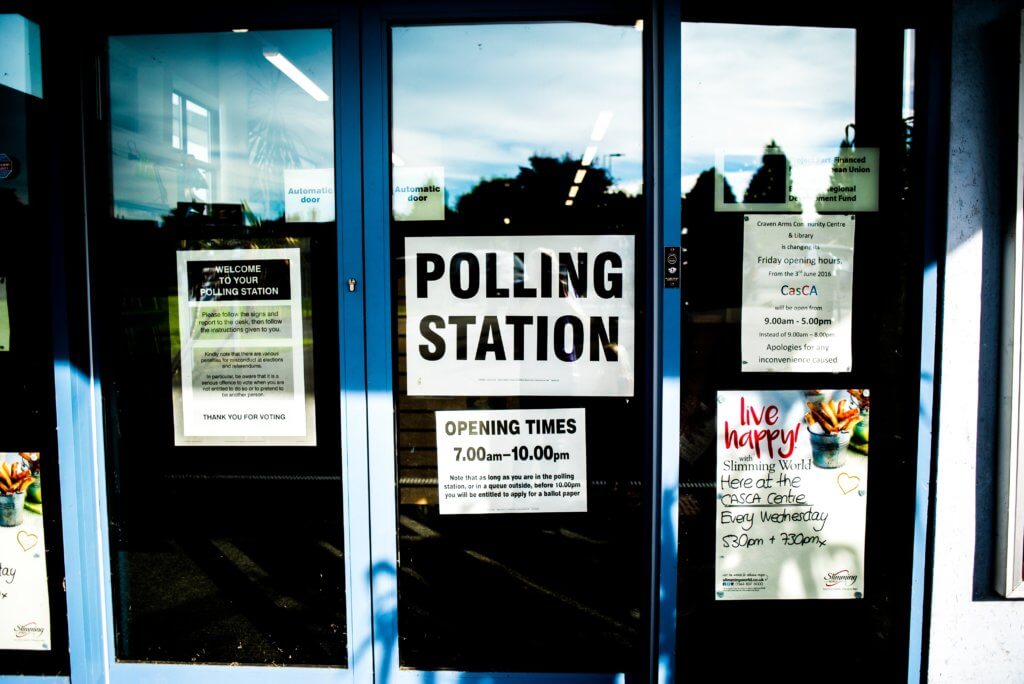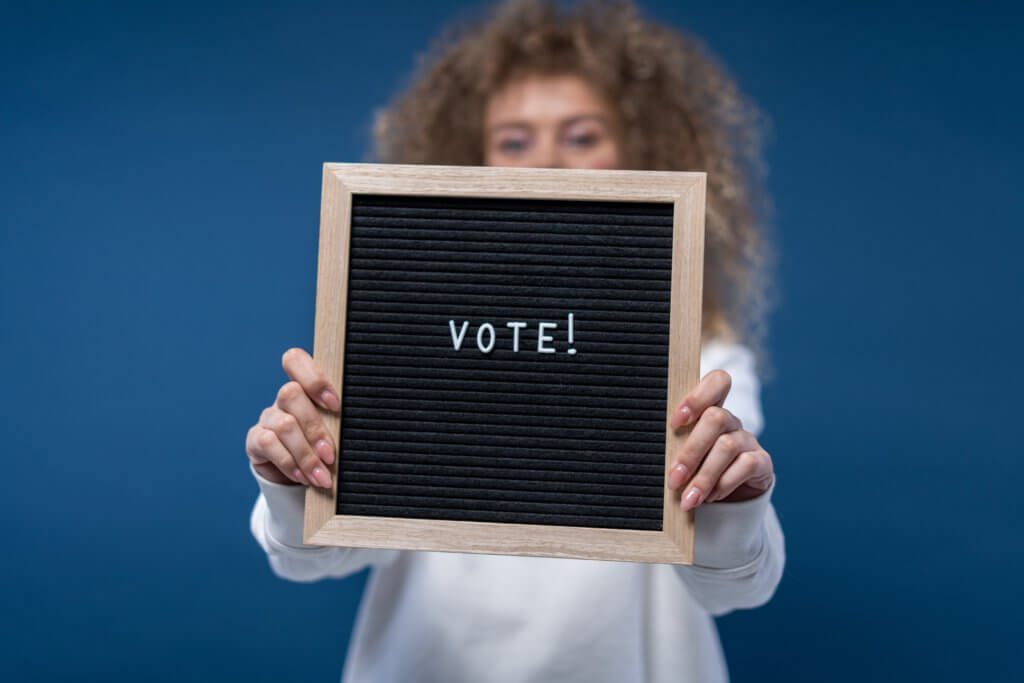5 Things Social Media Can Tell Us About Last Night’s Election

While a winner still hasn’t been announced in the presidential election, the data showing the social media reaction to election day is already in. Here’s what you need to know about the audience reaction to Election Day. Insight #1. Donald Trump Dominated The Election Day Conversation On Twitter In the United States, there were 3,897,697 […]
What Type Of Social Media Posts Are Working For Presidential Candidates

While the pandemic might have overshadowed what would have otherwise been wall-to-wall coverage of the presidential race, there’s still going to be an election in a few months, which means it’s time for ListenFirst to break out its analytics and share insights about what type of social media posts are most effective for each presidential […]
